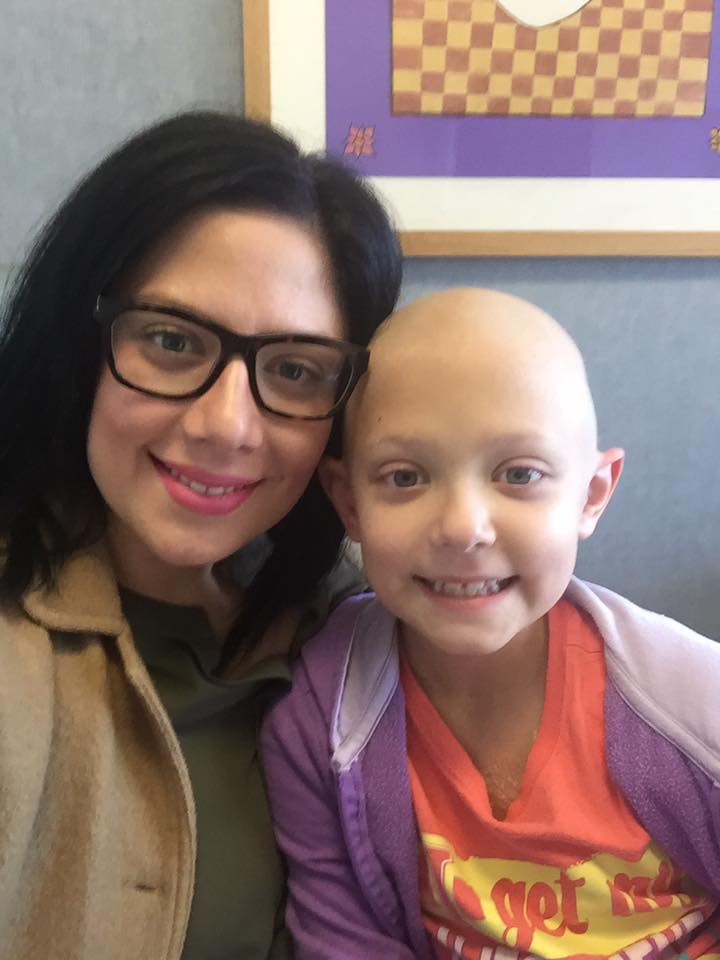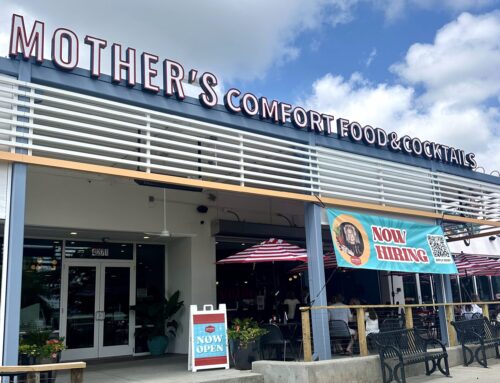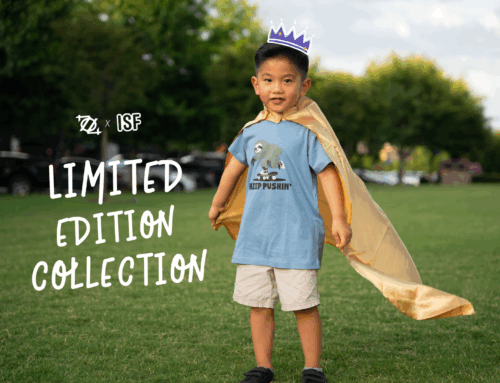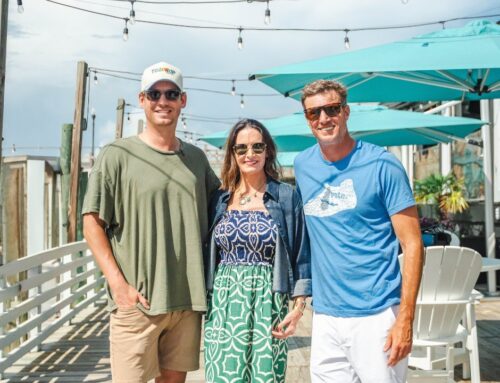
Defining Support, The Cancer Mom Series: Marianna
[av_textblock textblock_styling_align=” textblock_styling=” textblock_styling_gap=” textblock_styling_mobile=” size=” av-desktop-font-size=” av-medium-font-size=” av-small-font-size=” av-mini-font-size=” font_color=” color=” id=” custom_class=” template_class=” element_template=” one_element_template=” av_uid=’av-leg3fmei’ sc_version=’1.0′ admin_preview_bg=”]
Defining Support, The Cancer Mom Series: Marianna
Defining Support, The Cancer Warrior Mom Series is a collection of thoughts from many incredible Cancer Moms and how they define support.
Written By Marianna Furrer. Interviewed and compiled by Rachel Wood
Marianna is Mom to Mia, a brave 11-year-old who is in remission from Stage 3 Hodgkins Lymphoma & committed to preventing other children from fighting cancer like her.
The word support seems so insufficient when we are talking about your child having cancer. It encompasses so much more than a meal train, cards, and gifts to keep your sick child occupied while admitted to the hospital or quarantined at home. While all of those things are necessary and received with great gratitude and thankfulness, emotional support far surpasses any physical or material need. It means, not asking what you can do, but instead just doing.

Cancer moms are just flying by the seat of their pants and praying they get it right in the scary new world they have entered and having someone take away the burden of trying to figure out what they need means the world.
Say, “I’m picking up the kids from school for you today.” Say, “I’m coming over with coffee (or wine!) because you need it.” Offer to walk the dog. Donate to pediatric cancer research and tell her you did it in honor of her child. Ask for her house key and clean her house or weed the garden. If they are inpatient, offer to sit with her child so she can go home and grab fresh clothes and shower in comfort. Call her. Send her a private message on Facebook. Send her a text. Trust me, she may not be able to get back to you right away, and she might even forget to respond, but the fact that you are thinking of her means the world.
It means not hesitating to contact her because you are afraid you will be a burden. Continue to check up on her after everyone else has forgotten and the novelty of the diagnosis has worn off. At the beginning of diagnosis, the world seems to rally around you, but that fades after a time. Everyone else gets back to their normal lives, and you’re still dealing with caring for a sick child.
Cancer moms have the weight of the world on their shoulders. While they’re juggling dispensing medications on schedule, hospital stays, and infusion visits to the clinic, they might be dealing with trying to maintain a routine for the other children at home such as sports schedules, homework, diapers, and potty training, balancing their relationship with their significant other, attempting to nurture friendship and their physical health so that they can be in tip-top shape to care for their child.
Knowing that there are people in the community she can call on when needed makes all of the difference in the world. It makes an unbearable situation endurable when she has a village to back her up.
I assure you that the thought never crossed my mind that my child would get cancer. Until she did. And I was faced with its harsh realities. But I ask you to please read, learn and share…
- 43 children per day are diagnosed with cancer and it is the #1 cause of death in children besides accidents.
- Each day, worldwide, nearly 250 children die from cancer.
- What about childhood cancer survivors, like Mia? More than 95% of pediatric cancer survivors like her will have debilitating health complications resulting from the treatments they received by the time they are 45 years old.
- Children with bone cancers, brain tumors, and Hodgkins Lymphoma – which is what Mia had – have the highest risks of late effects from the treatment they received often resulting in second cancer, hearing loss, joint deterioration, and congestive heart failure. So the thing that is supposed to cure them can also kill them!
- Mia is experiencing firsthand the side effects of the harsh toxic treatments she received by dealing with memory loss and other cognitive issues. Our child, who never had a developmental disorder before cancer now has a neurodevelopmental disorder called attention deficit hyperactivity disorder also known as ADHD with predominant inattentiveness. We knew before signing on the dotted line to approve her treatment that this would be a strong possibility. But we had few options and her life needed saving.
- Why are there side effects like this? Because the current FDA-approved treatments for pediatric cancers are designed specifically for adults and not children. That means the treatments were not designed with pediatric bodies in mind. Chemotherapy today kills fast-growing cells in adult bodies. In comparison, all cells in young bodies are fast-growing cells. This is why we need therapies developed specifically for children.
Donate in honor of these incredible women, your donation to the Isabella Santos Foundation helps fund research so desperately needed for rare pediatric cancer patients.
MAY CANCER MOM SERIES: Once a Cancer Mom, Always a Cancer Mom
[/av_textblock]




